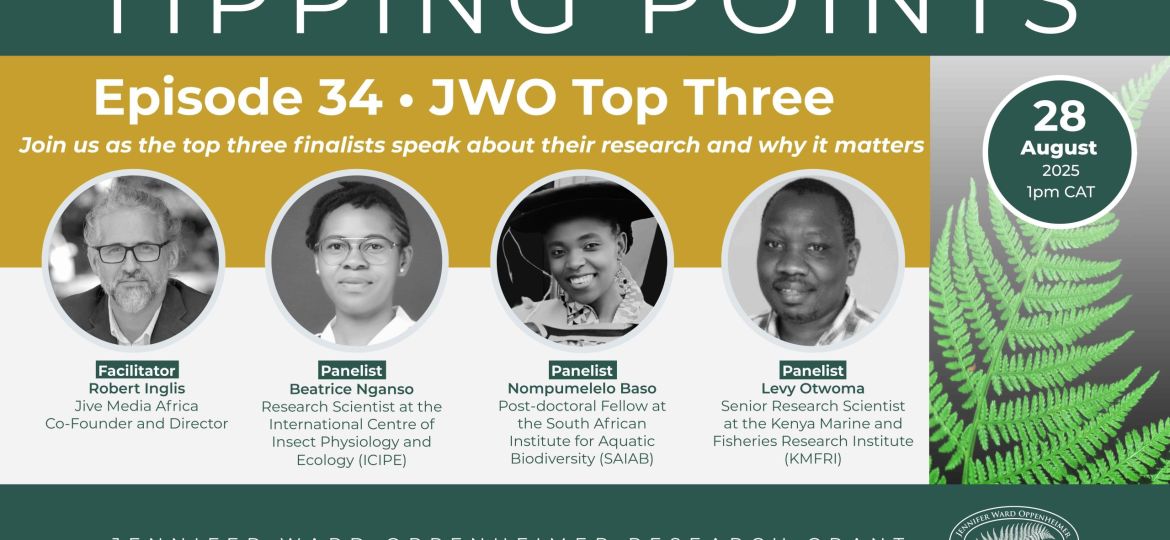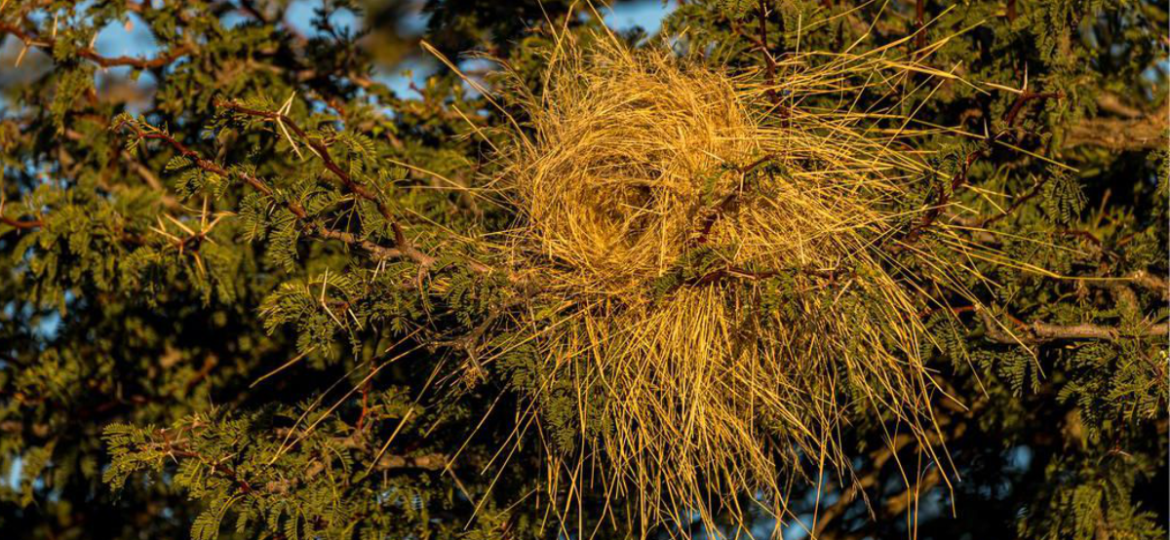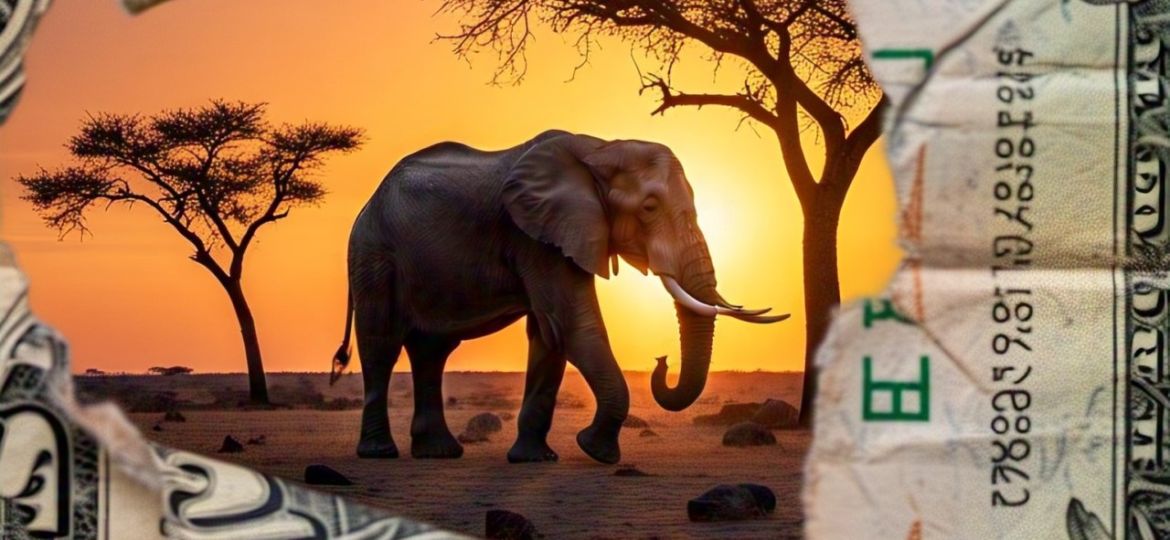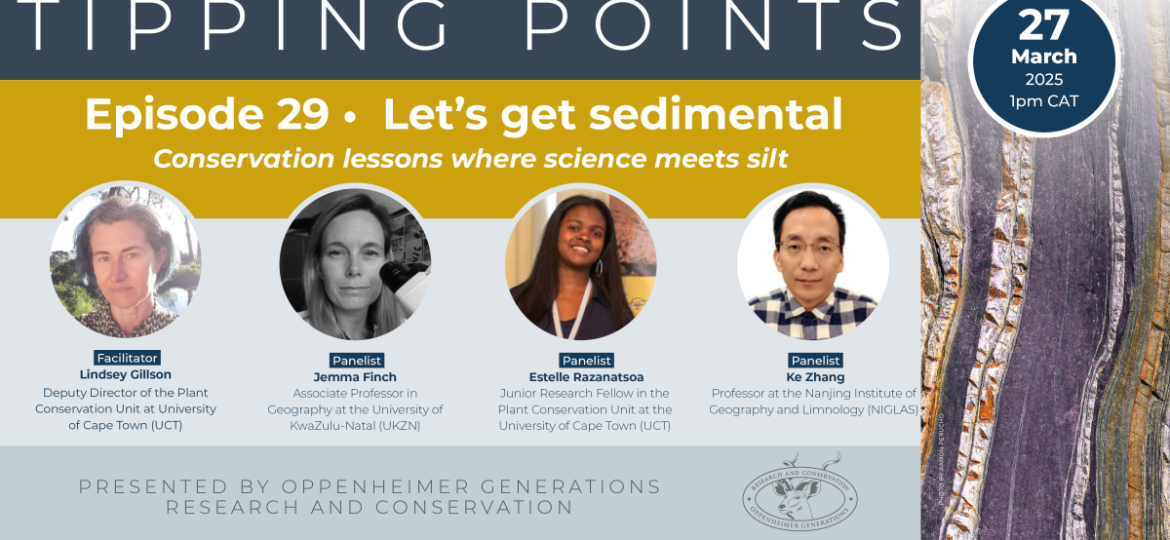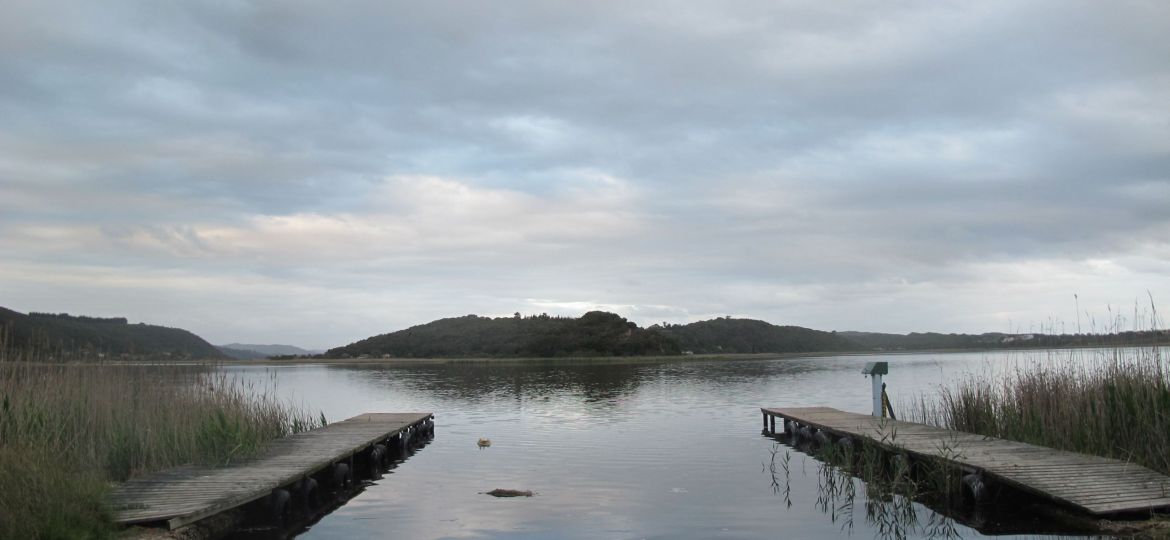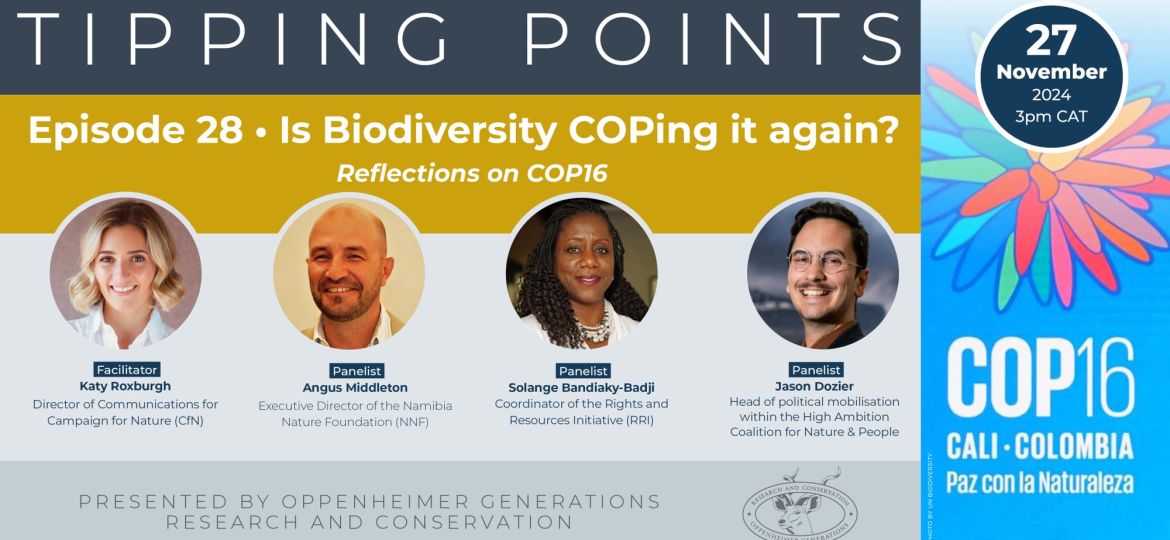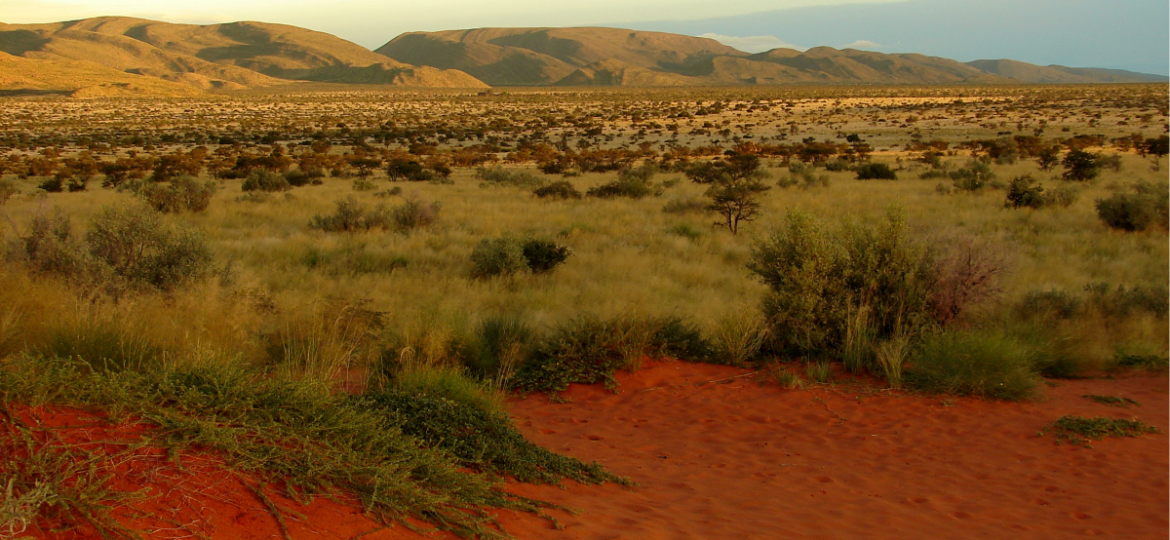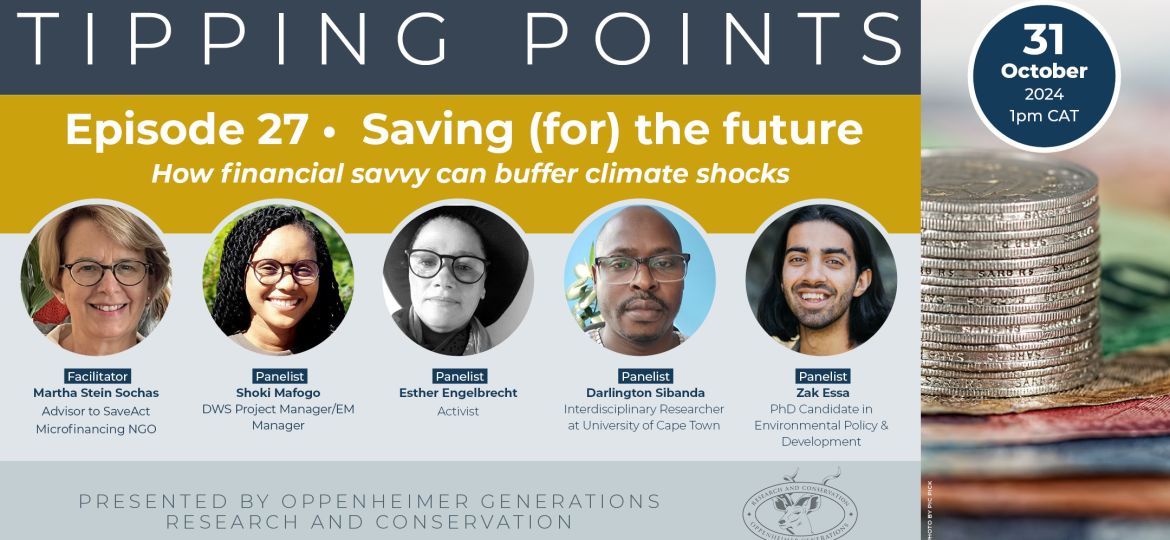As the Oppenheimer Research Conference prepares to present Africa’s richest research grant, this story dives deep into how the three finalists are harnessing cutting-edge tools to secure the continent’s natural heritage for future generations.
Tipping points, landscape ecology and climate change
Declining Sparrow-Weavers may threaten other birds that rely on their old nests for shelter.
Explore the impact on conservation efforts when global funding ceases, as discussed in last week’s Tipping Points webinar, ‘Beyond Aid: Rethinking Conservation Funding in a Changing World.’
Secrets below the soil: Earth detectives search deep for clues to the future.
Scientists study two small Cape lakes to see if they can be saved from climate change — or recover after its impacts, reports Yves Vanderhaeghen.
The Cali convention won praise for creating a conservation fund aiding indigenous communities, but missed opportunities mean much work remains.
Tswalu Kalahari Reserve hosted the 2024 annual meeting of The Long Run
Access to finance builds resilience, but experts warn savings groups aren’t enough—systemic reforms are key to tackling vulnerability and poverty.
In a world grappling with environmental crises, Africa must take the lead in addressing its environmental challenges.
Innovative business models for conservation will promote biodiversity and help stave off the climate crisis, says Jonathan Oppenheimer.
